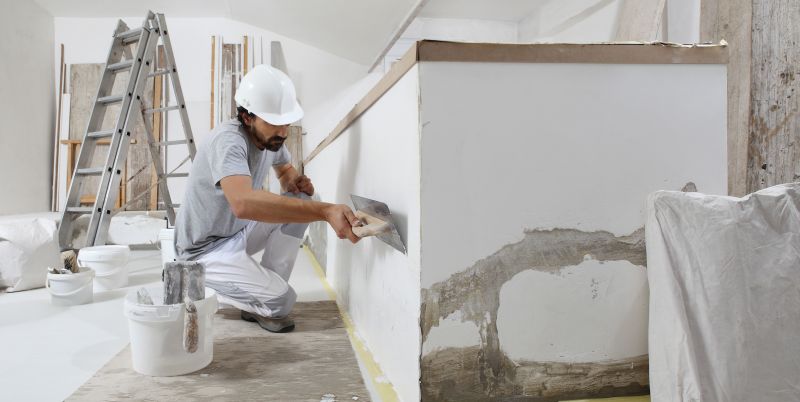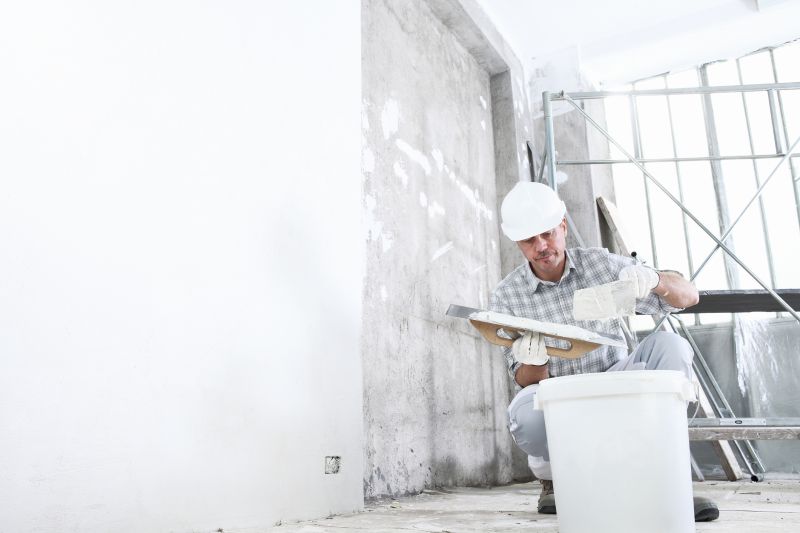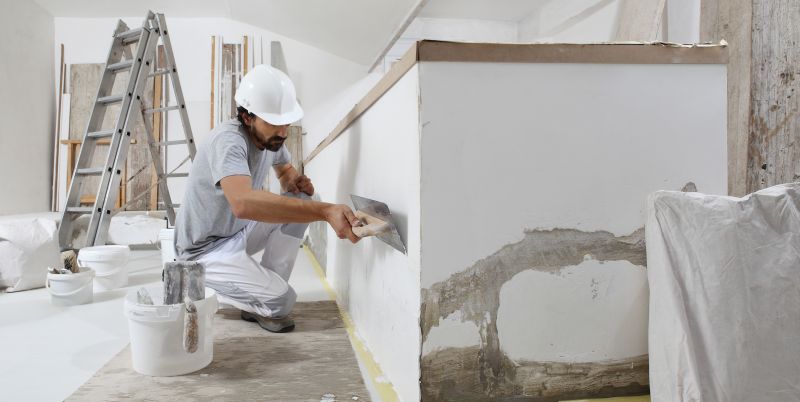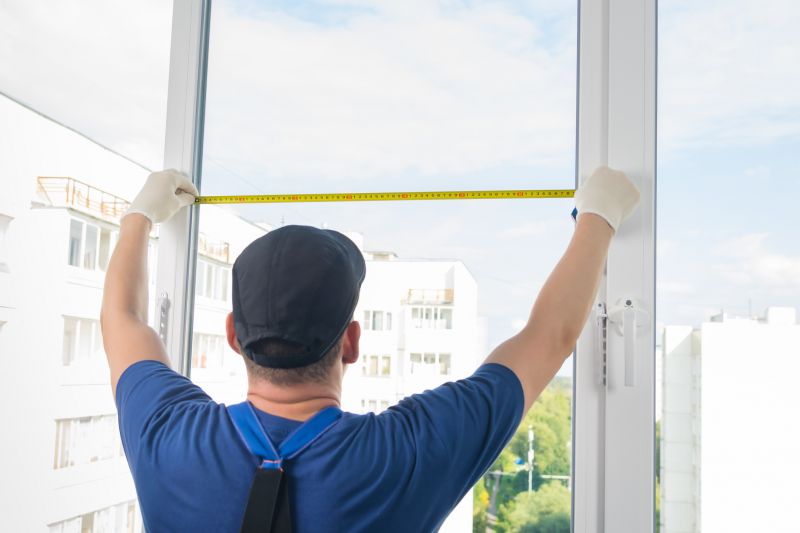Optimal Timing for Plaster Service

Ways to make Plaster Service work in tight or awkward layouts.

Popular materials for Plaster Service and why they hold up over time.

Simple add-ons that improve Plaster Service without blowing the budget.

High-end options that actually feel worth it for Plaster Service.

Finishes and colors that play nicely with Plaster Service.

Little measurements that prevent headaches on Plaster Service day.
Plaster service is an essential aspect of maintaining and enhancing building interiors and exteriors. It involves applying a plaster mixture to walls and ceilings to create smooth, durable surfaces. Proper timing for plaster service ensures optimal adhesion, finish quality, and longevity. Seasonal factors such as temperature and humidity significantly influence the effectiveness of plaster application. For instance, the ideal conditions typically include moderate temperatures and low humidity levels, which facilitate proper drying and curing.
Statistics indicate that the best periods for plaster service are during the late spring and early fall when weather conditions are most stable. During these times, the risk of rapid drying or moisture retention is minimized, resulting in a higher-quality finish. Additionally, planning plaster work during these seasons can reduce the likelihood of delays caused by adverse weather, such as rain or extreme cold, which can compromise the curing process.
Late spring and early fall are generally recommended for plaster application due to favorable weather conditions.
High humidity, extreme cold, and heavy rain can negatively impact plaster drying and curing.
Temperatures between 50°F and 80°F support proper setting and adhesion of plaster.
Low humidity levels prevent moisture retention, ensuring a smooth finish.
| Season/Period | Best Conditions |
|---|---|
| Late Spring | Moderate temperatures, low humidity |
| Early Fall | Stable weather, mild temperatures |
| Summer | High temperatures and humidity may hinder |
| Winter | Cold temperatures and moisture issues |
| Rainy Season | Unfavorable for application |
| Dry Season | Ideal for curing and finishing |
